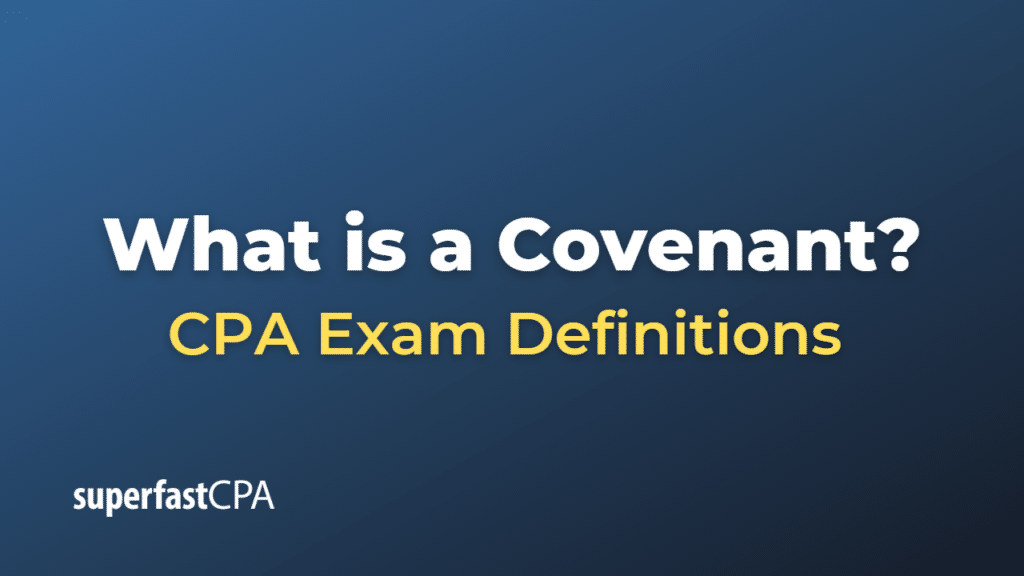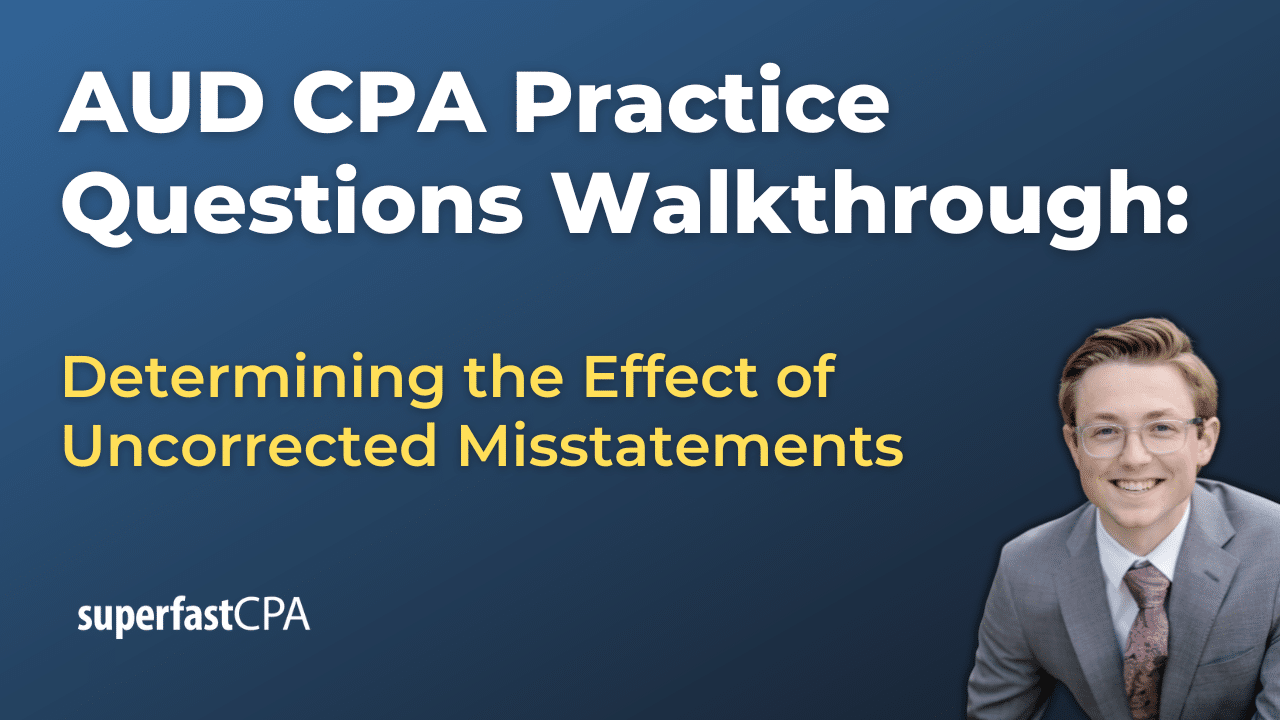Covenant
A covenant, in the legal sense, refers to a promise or agreement in a contract or deed. It’s a binding clause that requires a party to do or refrain from doing certain things. Covenants are used to enforce certain behaviors and standards, and they often come with conditions for penalty in the event of a breach.
Covenants can be found in a variety of legal and financial contexts:
- Real Estate: In a lease or deed, covenants can be imposed by landlords, homeowners associations, or municipalities to ensure that property is maintained or used in certain ways. For example, a covenant may prohibit commercial use in a residential area.
- Corporate Law: Companies may create covenants that bind their behavior in business matters. These can include non-disclosure agreements, non-compete clauses, and other stipulations.
- Finance and Banking: In loan agreements, lenders often include covenants that require borrowers to maintain certain financial ratios or levels of performance. These covenants are designed to protect the lender by ensuring the borrower maintains a sound financial position. If a borrower violates a covenant, the lender may have the right to call the loan, meaning the borrower must repay the loan in full immediately.
Example of a Covenant
Here’s an example of a covenant in a financial context:
Imagine a company takes out a loan from a bank. The bank, wanting to ensure that the company remains financially healthy so it can repay the loan, includes a covenant in the loan agreement stating that the company must maintain a minimum debt-to-equity ratio of 2:1.
This means that for every $2 of debt the company has, it must have at least $1 of equity. This covenant helps ensure that the company doesn’t take on excessive debt relative to its equity, which could jeopardize its financial stability.
If the company’s debt-to-equity ratio rises above 2:1, it would be in violation of the covenant. The bank could then take action, such as demanding immediate repayment of the loan or imposing penalties, depending on the specific terms of the agreement.
Now, consider a real estate example:
In a residential neighborhood, a homeowners association (HOA) may have a covenant stating that all homes in the neighborhood must be painted a certain color or range of colors. This covenant is designed to maintain a consistent aesthetic in the neighborhood. If a homeowner paints their house a color outside of the allowed range, they would be in violation of the covenant and could face penalties from the HOA.













